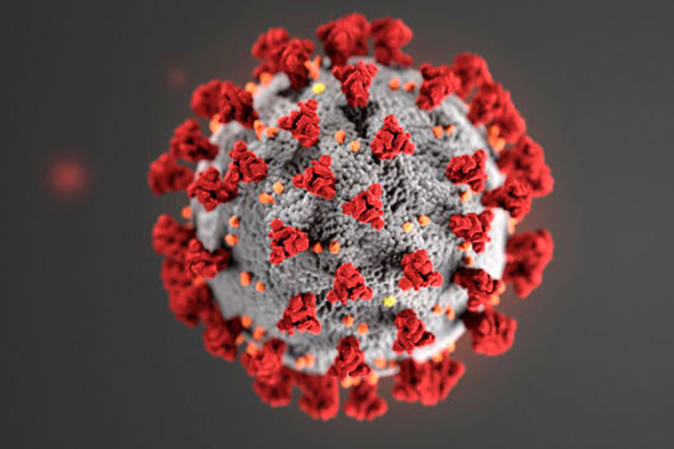Alaskans rolled up our sleeves and hunkered down to flatten the curve as soon as we learned about the COVID-19 pandemic sweeping the globe. We were worried that, in our isolated setting, we might run out of health care resources like ICU beds if the virus really took off here. Through sacrifice and discipline, we managed to do it! The numbers started going down and we breathed a sigh of relief. We would be OK. We could return to life as usual.
But, just two months later, what looked like a “second wave” moved in like a tsunami. We’ve seen new cases ramp up exponentially, rising hospitalization numbers, and even increasing deaths from COVID-19. We are again talking about when we’ll need to open up “alternate sites” when we run out of room in our hospitals. Our testing reagents and PPE supply for health care workers get strained as more patients test positive. We look at so many figures and graphs that sometimes it’s hard to remember that every positive test, every patient fighting to breathe, everyone who doesn’t make it is an actual person — a mother, a grandfather, a neighbor, a friend, a child — of our own.
Now that we’re seeing the daily numbers drop out of the triple digits again, I’m hopeful that it will stick this time but thinking about how we’ll truly get through this together for good.
Imagine a boat with lots of holes leaking water. Each of us is in charge of plugging one hole, or baling, or assisting others, or organizing the collective effort. Business as usual has stalled as we concentrate on fixing the boat. People’s livelihoods are threatened. We get tired of tossing buckets of water over the side. Some of us wear out and can no longer physically plug our leak without help. Some don’t believe the boat can possibly sink and want to return to pursuing their regular job, or things that they enjoy, more than they are willing to work to keep the boat afloat. If that happens, even extra effort on the part of those who are trying very hard can only go so far before the boat slips below the surface with all of us aboard.
Asking all of us to wear a mask, or to wash our hands, to stay 6 feet apart, or to avoid crowded indoor settings is like asking everyone to do their part to keep the collective boat from sinking. If some people disregard these requests with impunity it feels immensely disrespectful to those who are sacrificing the things they also enjoy to help save the boat. Sure, they may be strong swimmers themselves but they are putting more vulnerable people at risk. And it’s not intuitive to connect the actions of today with the surge in cases that will follow several weeks after a big concert or a crowded sports event, or even a family reunion or a church gathering.
This will not last forever. We are better at caring for patients with COVID-19 now than we were in March. A vaccine may be developed and distributed within a year or two. We are refining ways to socialize with less risk than before. The safety of land can be reached. The more we all contribute to sealing up the leaks the more confidently we can sail comfortably to shore.
We support the Anchorage mayor’s recent “4 week re-set” mandates in closing down high-risk social settings like indoor dining and bars. He is listening to a multitude of well-informed advisors and closely watching the numbers threaten the survival of his city — and making tough decisions about how to quell the alarming trends we’ve seen for the half of Alaskans who live in Anchorage, and thereby also reducing the risk for our rural communities who are “downstream” from whatever is happening in the city.
Alaska is vast and our communities wonderfully diverse. The governor has said that we should look to local guidance for what is appropriate in each community rather than issuing one-size-fits-all mandates for the entire state. Please do your part here in Anchorage by following the Anchorage mandates — for your neighbors, for your more vulnerable family members, for our rural villages, for the health care workers who are put at risk every time they care for a COVID-19 patient, and for all of us who want to return to normal as soon as we can. Thank you for wearing your stylish mask!
Lily Lou, MD FAAP
For the American Academy of Pediatrics-Alaska Chapter
• Lily Lou, MD FAAP, for the American Academy of Pediatrics-Alaska Chapter

